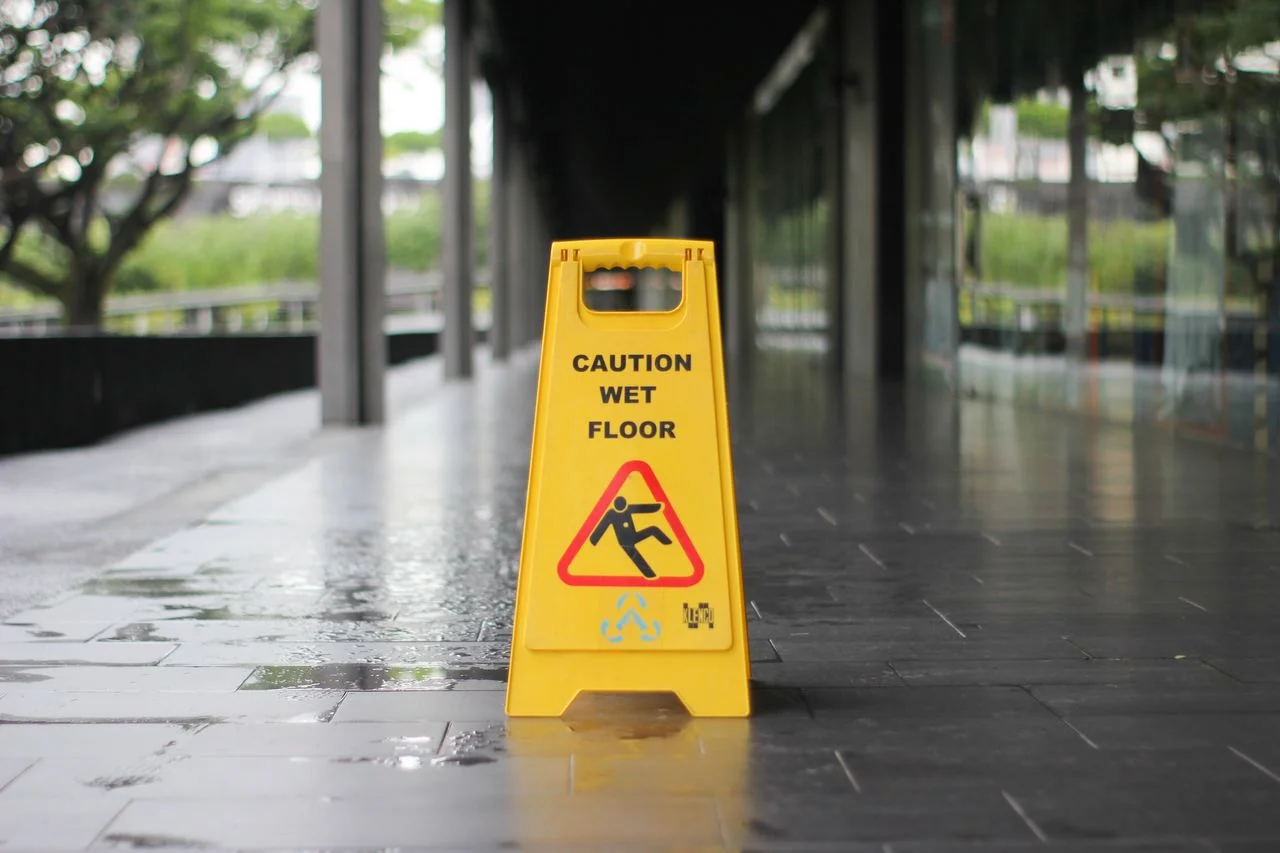Navigating Premises Liability Claims in Florida

When you’re injured on someone else’s property in Florida, you might be entitled to compensation through a premises liability claim. Navigating this process can be complex, but understanding the basics can help you know what to expect and how to proceed.
What is Premises Liability?
Premises liability refers to a property owner’s legal responsibility for injuries that occur on their property due to unsafe conditions. These cases often involve slip and fall accidents, inadequate maintenance, or insufficient security.
Key Elements of a Premises Liability Claim
To have a valid premises liability claim in Florida, you generally need to establish the following elements:
- Duty of Care: The property owner must have had a legal duty to ensure the safety of the premises for visitors.
- Breach of Duty: The owner must have failed to maintain the property in a reasonably safe condition.
- Causation: The unsafe condition must have directly caused your injury.
- Damages: You must have suffered actual harm, such as medical expenses, lost wages, or pain and suffering.
Types of Visitors and Duty of Care
Florida law categorizes visitors into three main groups, each owed a different level of care:
- Invitees: These are individuals invited onto the property for business or commercial reasons, like customers in a store. Property owners owe the highest duty of care to invitees, meaning they must regularly inspect the property and repair or warn of any dangers.
- Licensees: These are social guests or others who are on the property for non-business purposes. Property owners must warn licensees of known dangers but are not required to inspect the property for hidden hazards.
- Trespassers: These individuals enter the property without permission. Generally, property owners owe no duty of care to trespassers, except to avoid willful harm. However, if the trespasser is a child, different rules might apply under the attractive nuisance doctrine.
Common Premises Liability Scenarios
Premises liability claims can arise from various situations, including:
- Slip and Fall Accidents: Caused by wet floors, uneven surfaces, or debris.
- Inadequate Maintenance: Including broken stairs, faulty elevators, or untrimmed trees.
- Insufficient Security: Leading to assaults or other criminal acts on the property.
- Swimming Pool Accidents: Due to lack of proper fencing or supervision.
- Dog Bites: When the property owner fails to control their pets.
Steps to Take After an Injury
If you are injured on someone else’s property, take the following steps to strengthen your premises liability claim:
- Seek Medical Attention: Your health is the top priority. Immediate medical care also provides documentation of your injuries.
- Report the Incident: Notify the property owner or manager as soon as possible. Request a written report and keep a copy for your records.
- Document Everything: Take photos of the accident scene, your injuries, and any hazardous conditions. Collect contact information from witnesses.
- Keep Records: Maintain a file of all medical bills, treatment records, and correspondence related to your injury.
- Consult an Attorney: A personal injury attorney can help evaluate your case, gather evidence, and negotiate with insurance companies.
Florida’s Statute of Limitations
In Florida, you have a limited time to file a premises liability claim. The statute of limitations is generally four years from the date of the injury. Failing to file within this period can result in losing your right to seek compensation.
Conclusion
Premises liability claims in Florida involve various legal nuances, but understanding the basics can help you navigate the process more effectively. If you’re injured on someone else’s property, taking prompt and informed action can significantly impact the outcome of your claim. Consulting with an experienced personal injury attorney is often the best way to ensure your rights are protected and to maximize your potential compensation.